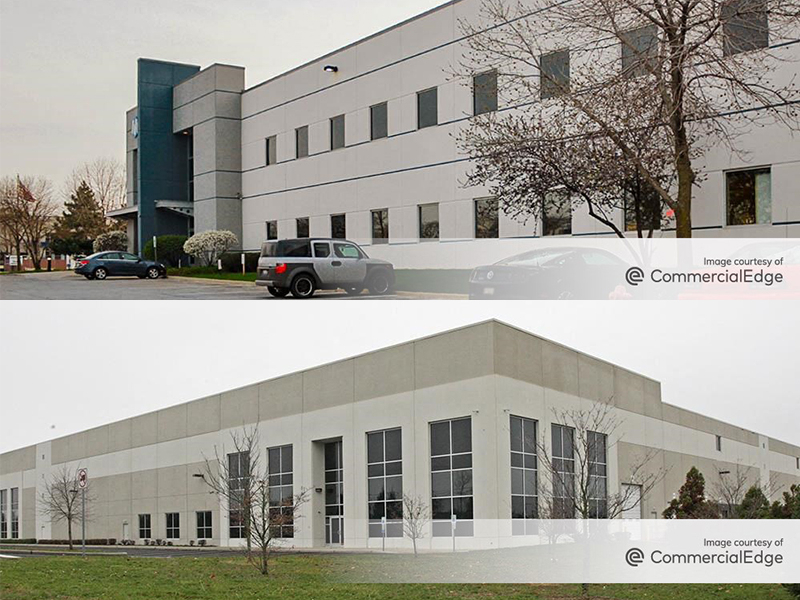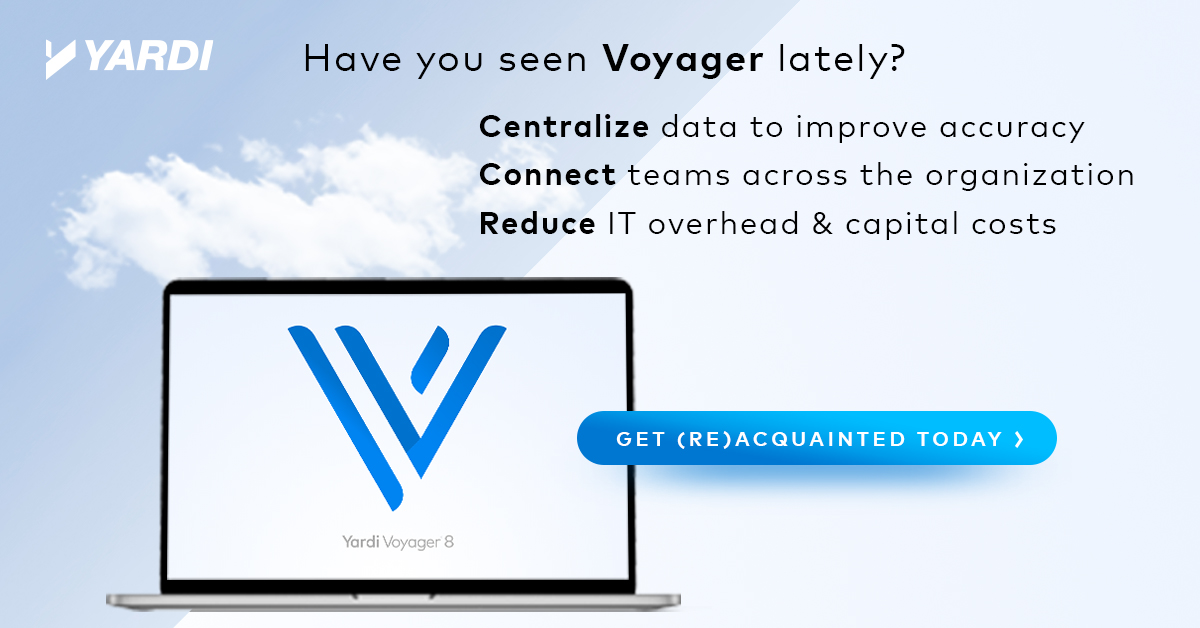The CDO Stack: Blockchain and Real Estate
The technology’s large-scale implementation in the industry appears to be just a matter of time.
As I was thinking about the technologies that hold promise or seem as though they should already be here (or at least have gained traction), blockchain technology broadly came to mind. Not so long ago, it seemed that the hype of blockchain was giving way to practical and useful applications for the industry.
Maybe it’s just me, but conversations about how and where blockchain technology could be applied to real estate seemed to die down as quickly as they started … until recently. In my last column, I said that I’ve had more conversations about blockchain in the last three months than in the last three years combined. Let’s take a few hundred words and explore those applications.
I’d rather not spend many of those words defining blockchain or describing the technology, but let’s set a quick baseline. Deloitte has described blockchain as “just another type of database for recording transactions—one that is copied to all computers in a participating network.” That’s part of the benefit—that it’s distributed.
Another big part is encryption and distribution, making it difficult to tamper with individual blocks. Other benefits of blockchain technology are that it operates near real-time, enables a trustless environment, is irreversible and is resistant to censorship.
New Platforms
As crowdfunding of commercial real estate investments looked to be taking off, leveraging blockchain to “tokenize” ownership of an asset appeared as though it was about to be the next big thing in real estate investing. Maybe it would even bring about a significant change in how real estate was being capitalized and by whom.
While crowdfunding isn’t dead, blockchain and tokenization of assets certainly haven’t changed real estate investing … yet. But should it? Maybe.
Today, an institutional investor has only a few mechanisms to invest in real estate, and publicly traded REITs are the one mechanism that offers liquidity. Imagine you’re an investor who wishes to buy a portion of a specific asset or build a portfolio of multiple portions of assets that fit your specific investment objectives or thesis. “Tokenized” real estate provides a mechanism to portion out ownership and create a sellable part of ownership. I know there’s an issue in that there isn’t a market to trade tokens, but once there are tokens, how far behind would that market be?
Another interesting application of blockchain is certification of building information and providing access to parties who have rights to that information. That’s vague, but think of the exchange of information that takes place once an asset is marketed for sale to support due diligence by potential buyers or the actual exchange of information that takes place when an asset is sold.
I had a client whose CEO set a laudable goal that every single building in their portfolio be “sale ready” at any moment. This meant that all documents required for due diligence or transfer of ownership would need to be available and accessible without searching, gathering or thinking about version history—and ready to send to a prospective buyer.
When I’ve asked others how they compare to this benchmark, often, I get an embarrassed look and a nervous laugh. Now, imagine all the documents required to make a building “sale ready” are not only available but they’re also easily shared with interested parties just by granting access.
I know I left off several potential applications, like placing the title itself and title history on a blockchain and using blockchain to power smart contracts. But unless I’m very much mistaken, the widespread application of blockchain in real estate seems as though it’s a “when” rather than an “if” question.
As someone who has spent decades helping to improve the efficiency of the real estate business, I think blockchain holds great promise for dramatically improving that efficiency. To quote a Deloitte publication from 2017: “Think about it, question it, but don’t ignore it.”
John D’Angelo is a managing director with Deloitte Consulting and leads the real estate industry sector for Deloitte Consulting in the US. With over 33 years of experience as a management consultant to the global real estate industry, John has helped some of the biggest names in real estate leverage technology and use data to optimize and transform their operations.









You must be logged in to post a comment.